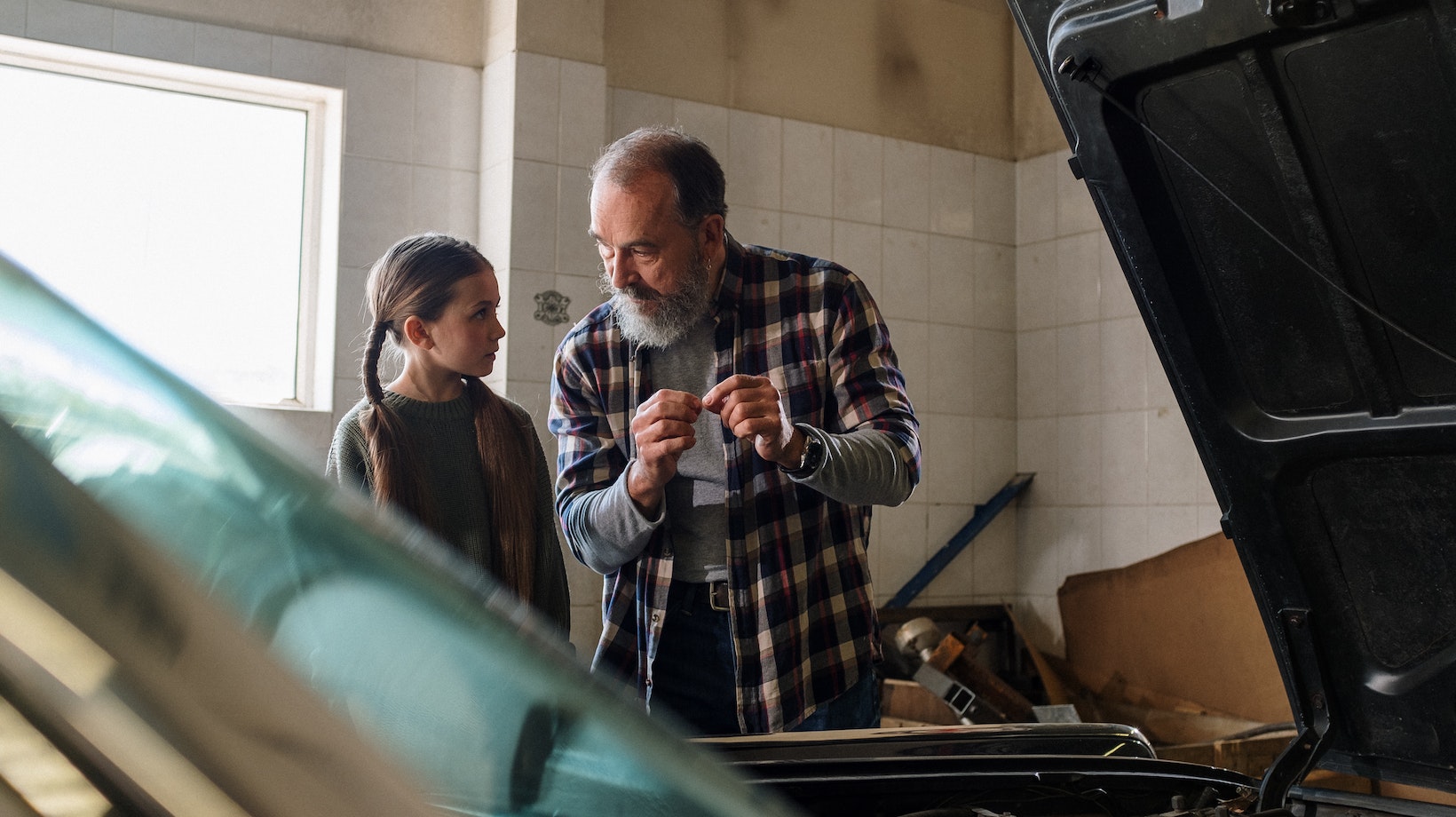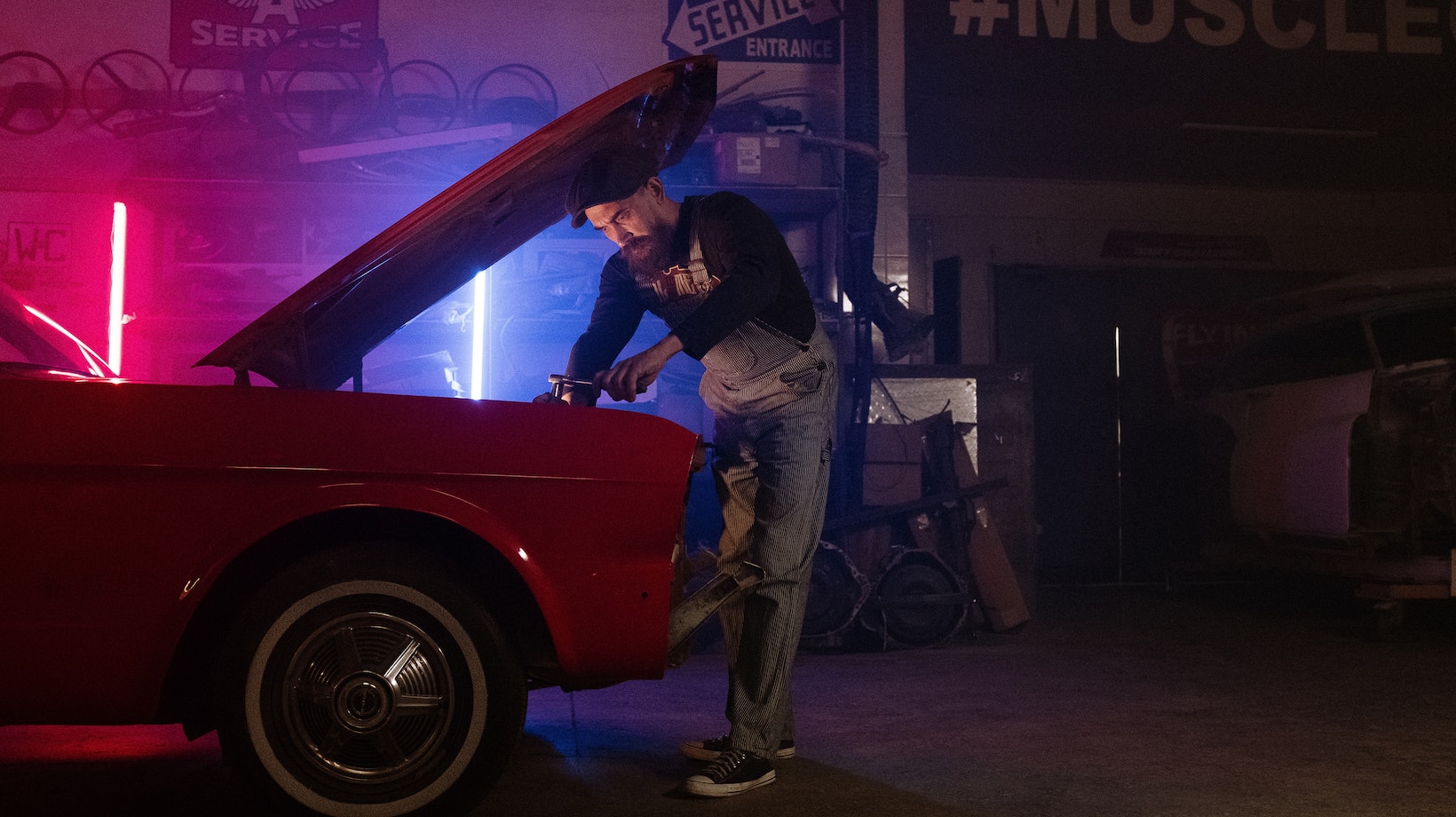
When it comes to car speaker repair, finding the right solution can be a daunting task. Whether you’re dealing with distorted sound, blown speakers, or complete audio failure, it’s important to address these issues promptly and effectively. With my expertise in car audio systems, I’ll guide you through the process of diagnosing and repairing your car speakers.
One common problem that car owners encounter is distorted sound coming from their speakers. This can be caused by a variety of factors such as loose connections, damaged wiring, or even faulty amplifier settings. By carefully examining each component of your audio system, I’ll help you identify the root cause of the distortion and provide step-by-step instructions for fixing it.
Car Speaker Repair
One of the most common issues that car speakers can experience is distorted sound quality. This problem often manifests as crackling, buzzing, or muffled audio coming from the speakers. There are several possible causes for this issue:
- Blown Speaker: A blown speaker occurs when the speaker cone or its components become damaged and cannot produce clear and accurate sound. This can happen due to excessive volume levels, power surges, or wear and tear over time.
- Loose Connections: Loose connections between the speaker wires and the car’s audio system can also lead to distorted sound quality. If there is a poor connection, it can cause interruptions in the signal flow and result in compromised audio output.
- Amplifier Overload: In some cases, an overloaded amplifier can be responsible for distorted sound. When an amplifier is pushed beyond its limits, it may struggle to deliver clean power to the speakers, causing distortion.
To troubleshoot and resolve distorted sound quality issues in car speakers:
- Check for any visible damage to the speaker cones or components.
- Ensure that all connections between the speakers and the car’s audio system are secure.
- Adjust volume levels on both your device and car stereo to prevent overload.
Speaker Cone Damage
Another common issue with car speakers is damage to their cones. The cone is a crucial component responsible for producing sound by vibrating back and forth in response to electrical signals from the amplifier. Here are a few reasons why speaker cones may get damaged:
- Physical Impact: Accidental impact or rough handling of speakers during installation or removal can cause tears or dents in the cone material, affecting its ability to vibrate properly.
- Excessive Power Handling: If you consistently drive your speakers beyond their recommended power limits, it can put excessive strain on their cones leading to deformation or tearing.
- Environmental Factors: Exposure to extreme temperatures, moisture, or direct sunlight can degrade the cone material over time and make it more susceptible to damage.
To address speaker cone damage:
- Inspect the cones for any visible tears, dents, or deformations.
- If the damage is significant, consider replacing the affected speakers.
- Properly power-match your speakers with an appropriate amplifier to prevent future cone damage.

Wiring Problems
Wiring problems can also plague car speakers and result in various issues. Faulty wiring can disrupt signal transmission and impact audio quality. Here are some common wiring problems:
- Short Circuits: Short circuits occur when wires come into contact with each other or metal components, causing a disruption in the electrical flow. This can lead to intermittent sound or complete audio failure.
- Poor Connections: Loose or corroded connections between the speaker wires and terminals can cause static noise or loss of sound altogether. It’s essential to ensure secure connections during installation.
- Incorrect Polarity: Connecting speaker wires with incorrect polarity (positive and negative reversed) can affect sound imaging and result in poor overall audio performance.
To troubleshoot wiring problems:
- Check for any visible signs of wire damage such as exposed wires, frayed insulation, or loose connections.
- Ensure that positive (+) and negative (-) terminals are correctly connected between the amplifier/receiver and speakers.
- Consider using high-quality connectors or soldering techniques for a secure connection.
By identifying these common issues with car speakers – distorted sound quality, speaker cone damage, and wiring problems – you’ll be better equipped to diagnose and resolve any audio-related challenges you may encounter while enjoying your favorite tunes on the road. Remember that addressing these issues promptly can help prolong the lifespan of your car speakers while ensuring an optimal listening experience Identifying Speaker Problems






































